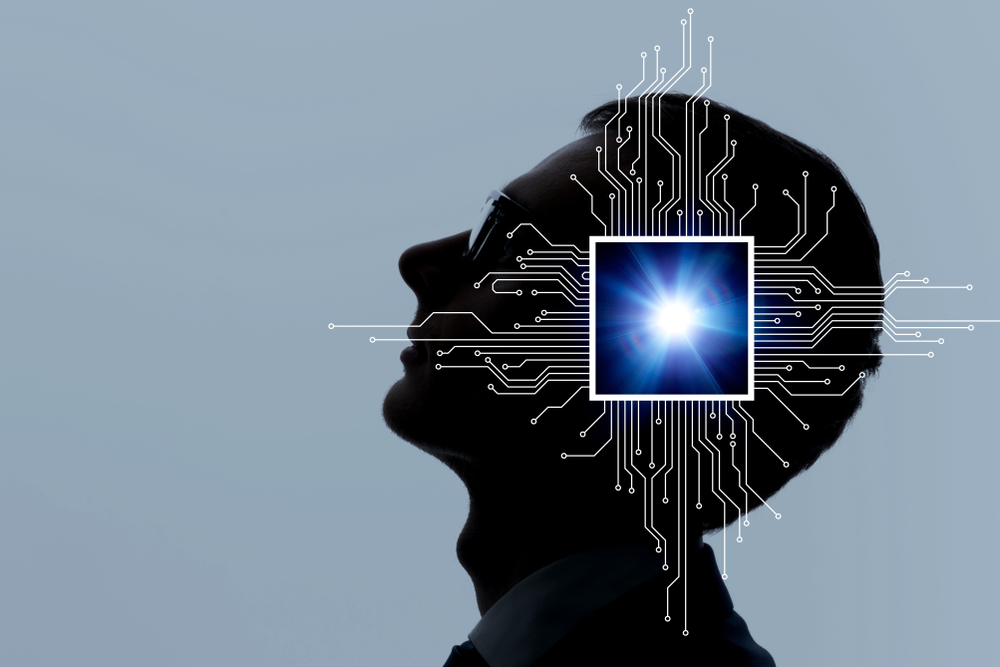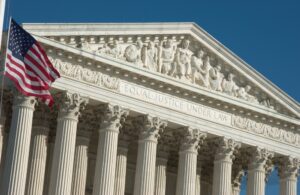Bishops to Congress: AI must support dignity of person, common good
As lawmakers consider rules related to the development of artificial intelligence (AI), the United States Conference of Catholic Bishops (USCCB) is urging them to prioritize “the life and dignity of the human person and the common good.”
“Artificial intelligence is rapidly shaping the future of our society,” Bishop William D. Byrne, the chairman of the USCCB’s Committee on Communications, said in a statement.
“As pastors entrusted with the care of human life and dignity, we urge lawmakers to heed the call of our Holy Father, Pope Leo XIV, to help ensure that AI is developed with responsibility and discernment so that it may truly benefit every person,” Byrne said.
Although Congress is not currently debating comprehensive AI regulations, the House-passed “One Big Beautiful Bill Act” could have a major impact on the technology moving forward. One provision in the bill would restrict states from regulating AI for 10 years, essentially federalizing the issue.
That bill is now in the Senate, where it’s expected to face some adjustments. If the pending Senate version passes, it will be sent back to the House.
The bishops, while acknowledging in their letter to congressional leaders that they are “not technical experts,” wrote that they are speaking as pastors and laid out ethical principles and policy considerations on which they hope lawmakers will reflect.
“Please be assured of our prayers and readiness to assist you in this important and timely work,” the bishops wrote.
Ethical principles
One of the primary ethical concerns the bishops noted is “the inherent dignity of every human person,” which they wrote “must always be at the center of technological development.”
“AI is a tool that, when informed by sound moral principles, can help overcome many of life’s obstacles and improve the human condition,” the bishops wrote. “But this technology should supplement what human beings do, not replace them or their moral judgments. We also must avoid temptations toward transhumanism or equating AI itself with human life.”
The bishops also expressed concern for people facing economic hardships, noting that “AI will only serve all when it works to assist our poorest and most vulnerable sisters and brothers and when they can equitably participate in and benefit from its development and use.”
A third ethical principle highlighted by the bishops was “respect for the truth,” stating that “AI is being used by some to undermine the dignity of persons and respect for the truth” with a misuse of news and political information and deepfakes, adding: “AI systems must have human oversight and well-defined accountability in order to promote transparency and fair democratic processes.”




